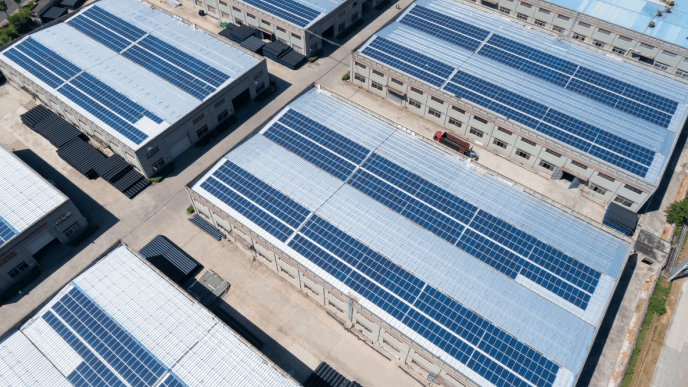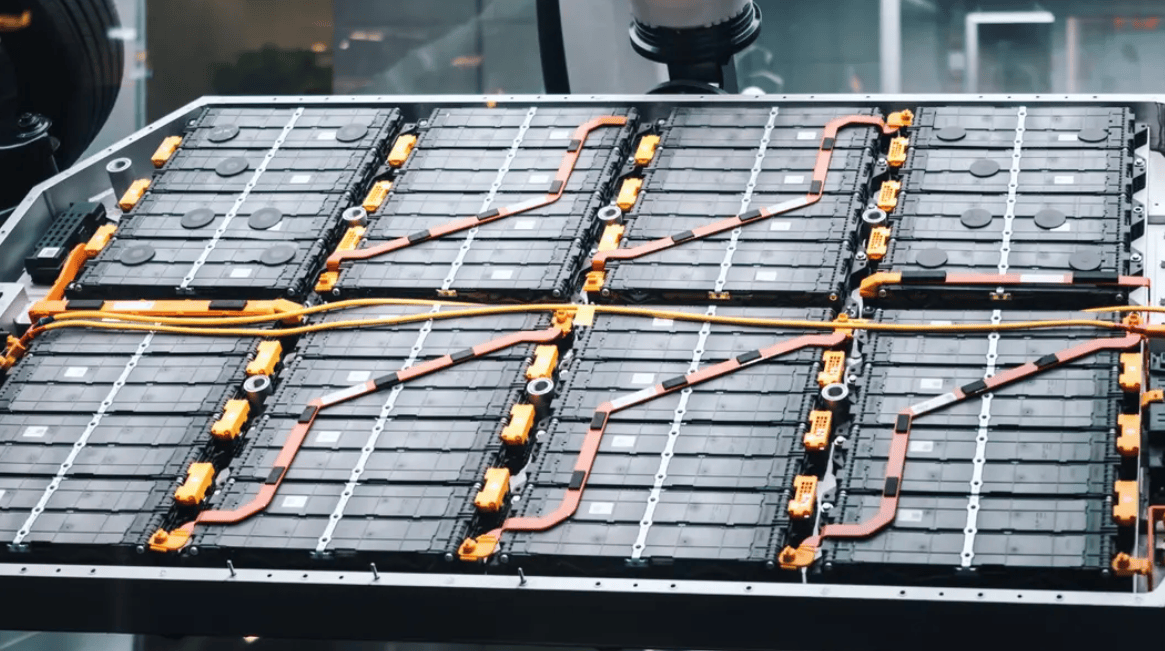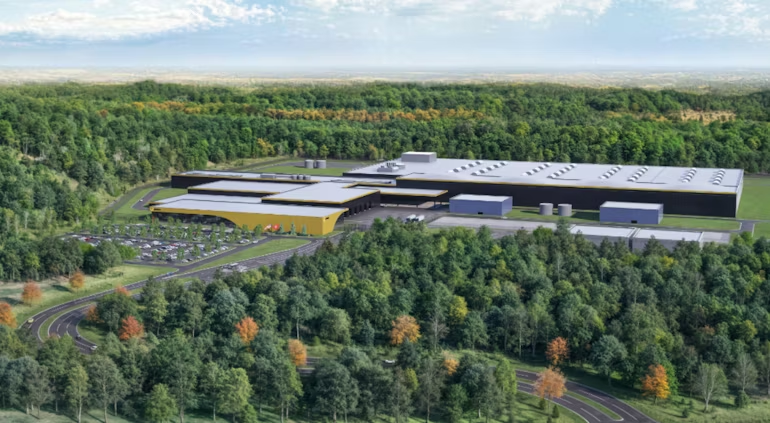Wedoany.com Report-Nov. 30, Haryana has inaugurated a 240-tonnes-per-day biomass pellet production plant in Rewari, marking a significant advancement in the state's renewable energy development. The facility was commissioned by Union Minister for New & Renewable Energy, Pralhad Joshi.
The minister described the project as an important step towards realising Prime Minister Narendra Modi’s vision for a sustainable and energy-secure future.
The plant will convert agricultural residues into biomass pellets for co-firing in coal-based thermal power stations, supporting both clean energy goals and additional income opportunities for farmers.
Minister Joshi noted that the Government of India has implemented a nationwide policy requiring all thermal power plants to co-fire at least 5 percent biomass pellets or torrefied municipal solid waste charcoal by weight. Plants in the Delhi-NCR region must achieve a 7 percent blend, with at least half of the biomass sourced from local paddy stubble. The initiative aims to establish reliable supply chains and reduce crop-residue burning.
The Rewari facility is expected to contribute directly to these requirements while strengthening rural livelihoods through the utilisation of agricultural waste.
During the event, Minister Joshi highlighted Haryana's progress in expanding electricity generation capacity and renewable energy infrastructure. The state currently has over 12 GW of installed capacity and is projected to reach 24 GW in the coming years. Renewable energy capacity exceeds 2.8 GW, including approximately 2.4 GW from solar installations.
More than 200,000 households in Haryana have registered under the PM Surya Ghar Muft Bijli Yojana, with over 45,000 already equipped with rooftop solar systems that enable zero electricity bills for many users.
The state is also advancing green hydrogen projects in Hisar, Panipat, and Jhajjar districts. Haryana's biomass potential is estimated at over 1,350 MW, complemented by a growing waste-to-energy sector with nearly 49 MW across 26 operational units.
The inauguration of the Rewari plant reinforces ongoing efforts to diversify energy sources, enhance energy security, and promote sustainable agricultural practices across the region.























